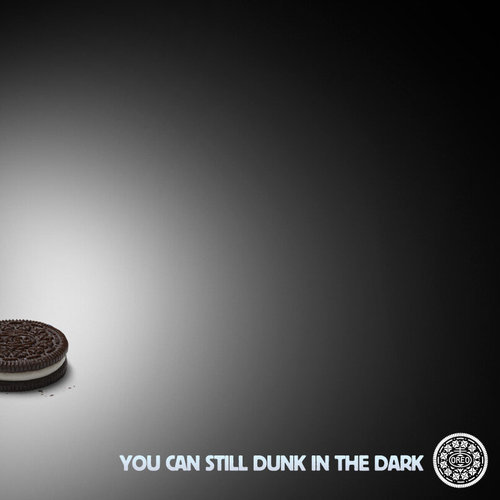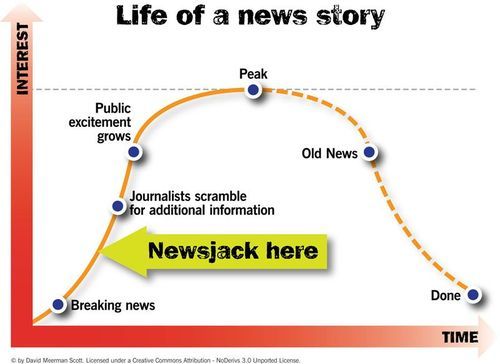
Last week, a blogger for a national news website wrote a hit piece on one of my clients. Without getting into the details, the story was riddled with a nasty mix of inaccuracies, poor reporting and marginal grammar – as well as a number of typos. My client is in an industry that is no stranger to attacks, but this one was particularly troubling not because of the message — but because of the medium.
One of the downsides to the Internet’s democratization of journalism is that nearly anyone can act like a journalist. While this is a tough reality for actual journalists and PR people alike, the economics make it even rougher. As we dug into the background of this particular blogger, we learned that she was a fairly new contributor to the outlet, and we also found out how she was compensated. In black and white on the organization’s website, I read (I swear in genuine horror), that this blogger was probably paid about $50 for the article. For fifty bucks of short-shrift work, she did harm to my client’s brand.
At a mere fifty dollars per article, one is automatically incentivized to produce quantity over quality and therefore good writing, actual reporting and solid journalism get lost.
If you write one article a day, that means you earn $250 per week – which is less than minimum wage if it takes you all day to do it. One can only assume that bloggers for publications like this are pumping out as much content as they can each week — grammar and accuracy be damned.
Later that same day, I had coffee with another PR professional, and we had a conversation about crisis communications. Of course, we talked about Carnival and its poop cruise, but I decided to add in my recent experience with the fifty dollar blogger.
Naturally, cruise ship fiascos, product tamperings and kids in harm’s way are the most read-about PR crises. But I suggest that almost every high profile company should have a plan in place to not only deal with possible human tragedy but also Web journalism miscues.
What is a PR crisis anyway? Does it have to be as big as Carnival, Lance Armstrong or Penn State? For example, I believe that when a business has to lay off 50 people, that’s a crisis. If an employee is victim of a random act of violence, that’s also a crisis.
If an under-compensated blogger inaccurately rips your brand with a piece that gets syndicated nationally, then guess what, you have a crisis on your hands too.
What to do about it
Keep a lookout. If you aren’t already monitoring your company’s media coverage through Google alerts and other web searches, hop to it. Make sure you do everything you can to see coverage of your company the moment it hits.
Articles can be corrected. Fortunately for the client I mentioned earlier, we reached out to the outlet and they made a number of meaningful corrections. Pre-Internet, you had to live with errors and fight publishers for a correction. Today, web-based publications can make changes after the fact, so the offending copy doesn’t have to live online forever.
Figure out who to complain to. This can be tough. We had a similar issue with a blogger a few years ago, and I truly felt helpless. If you are dealing with a well-known publication, then you will have a better chance of securing changes. If not, you have to find your way to the original author and make your case.
Take the right tone. Lay out your options and consider your tone before deciding to “rip ‘em a new one.” Most reporters want their stories to be accurate, so I believe in taking a softer approach. A strategy that includes pointing out inaccuracies and incorrect inferences usually works better than harshly demanding a correction.
Get legal, if you absolutely have to. Honestly, this is a last resort in my opinion. In many instances, reporters make mistakes but it’s rare for them to break the law. Believe me, some reporters are unethical and slippery, but I have never had a client sue one.
***
This and That. If you like learning about marketing from some of Florida’s top advertising, branding and marketing minds, check out a new e-paper called Florida Marketing Groupie. We just launched it. Subscribe (it’s free) and I’ll be your best friend.
Have you ever been burned by a blogger? Is any PR a good thing, as long as they spell your name right? Let me know what you think.
—John
Author: John P. David



